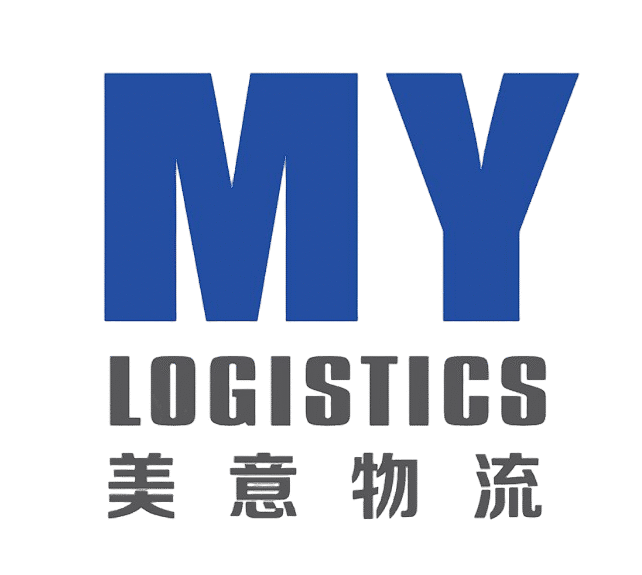How to Ship Oversized Cargo to the USA: A Complete Guide
Shipping oversized cargo to the United States requires specialized planning and execution. Whether you’re transporting industrial machinery, large equipment, or oversized structures, understanding the proper channels and requirements is essential for a successful shipment.
Defining Your Cargo: What Qualifies as Oversized?
Oversized cargo typically includes items that:
Exceed standard container dimensions (over 8’6″ in height or width)
Require specialized handling equipment
Need special permits for transportation
Cannot be disassembled into smaller components
Primary Shipping Methods for Oversized Cargo
1. RORO (Roll-On/Roll-Off) Shipping
Best for: Vehicles, construction equipment, agricultural machinery
Key requirements:
Equipment must be operational for loading/unloading
Proper cleaning of tires and undercarriage
Fluid levels documented and secured
Typical transit: 25-35 days from Chinese ports
Port pairs: Shanghai→Baltimore, Tianjin→Long Beach
2. Flat Rack Container Shipping
Best for: Machinery, industrial components, large structures
Key advantages:
Top-loading capability for awkward shapes
No width restrictions when loaded properly
Suitable for weather-sensitive cargo
Equipment types: 20ft/40ft flat racks, platform containers
3. Breakbulk Shipping
Best for: Extremely large items, project cargo, multiple oversized pieces
Typical applications:
Wind turbine components
Factory assembly lines
Construction infrastructure
Handling requirements: Specialized cranes, heavy-lift equipment
Regional Shipping Solutions from China
Shanghai & Jiangsu Region – Industrial Machinery
Common cargo: Manufacturing equipment, press machines, generators
Recommended method: Flat rack containers
Key ports: Shanghai→Houston, Shanghai→Savannah
Special requirements:
Professional crating and securing
Vibration monitoring for sensitive equipment
Customs documentation for industrial goods
Guangdong Province – Manufacturing Equipment
Common cargo: Plastic injection molds, automotive fixtures, production lines
Recommended method: RORO for operable equipment, breakbulk for others
Key ports: Shenzhen→Los Angeles, Guangzhou→New York
Special requirements:
Mold certification documents
Equipment disassembly/reassembly services
Professional photography for pre-shipment condition
Northern China – Infrastructure Projects
Common cargo: Construction machinery, engineering equipment, transformers
Recommended method: Breakbulk shipping
Key ports: Tianjin→Gulf ports, Qingdao→West Coast
Special requirements:
Special permits for over-dimensional cargo
Escort vehicles for US domestic transport
Route surveys for inland transportation
Critical Planning Considerations
Documentation Requirements
Detailed packing list with dimensions and weights
Technical specifications and value statements
Special permits for restricted items
Bill of Lading with special cargo notations
Cost Management Factors
Vessel freight charges and bunker surcharges
Terminal handling fees for special cargo
Inland transportation permits and escorts
Insurance premiums for high-value equipment
Timeline Planning
Allow 2-4 weeks for proper packing and securing
Account for weather delays in coastal regions
Plan for possible customs examinations
Include buffer time for inland transport coordination
Practical Implementation Steps
Pre-shipment Assessment
Measure and weigh all components accurately
Photograph equipment from all angles
Determine center of gravity for lifting purposes
Packaging and Securing
Use professional crating for sensitive components
Apply weather-proofing for sea transit
Install vibration monitors where needed
Route Planning
Select appropriate vessel type for your cargo
Coordinate inland transportation requirements
Obtain necessary transportation permits
Customs Preparation
Classify equipment with proper HS codes
Prepare detailed commercial invoices
Arrange for import bonds and security filings
Common Challenges and Solutions
Problem: “My equipment is too wide for standard roads”
Solution:
Use permitted routes with required escorts
Plan night transportation when possible
Consider disassembly and reassembly services

Problem: “I need my machinery operational immediately”
Solution:
Coordinate installation teams in advance
Ship critical components together
Plan for technical support upon arrival
Problem: “Costs are unpredictable for special cargo”
Solution:
Get all-inclusive quotes with clear scope
Understand what additional charges may apply
Consider total cost rather than just ocean freight
Essential Pre-shipment Checklist
Accurate dimensions and weights confirmed
Proper export packaging completed
All documentation prepared and reviewed
Insurance coverage verified
Inland transportation arranged
Customs requirements identified
Special permits applied for
Receiving facility prepared for arrival
Shipping oversized cargo successfully requires meticulous planning and experienced partners. By understanding the requirements and following proper procedures, you can ensure your oversized shipments arrive safely and efficiently.
Need assistance with your oversized shipment? We specialize in handling non-standard cargo with:
Dedicated project cargo teams
Specialized equipment access
End-to-end solution coordination
Get your oversized shipping assessment – Share your cargo details and receive a comprehensive shipping plan with timeline and cost breakdown.
Related Posts
Los Angeles Cross-Border E-Commerce Returns & Film Equipment Shipping: Logistics Solutions
Los Angeles Cross-Border E-Commerce Returns & Film Equipment Shipping: Logistics…
Price of red wine / food category sea freight
Price of red wine / food category sea freight Ever…
Dangerous goods surcharge
Dangerous goods surcharge Lorem ipsum dolor sit amet, consectetur adipiscing…

